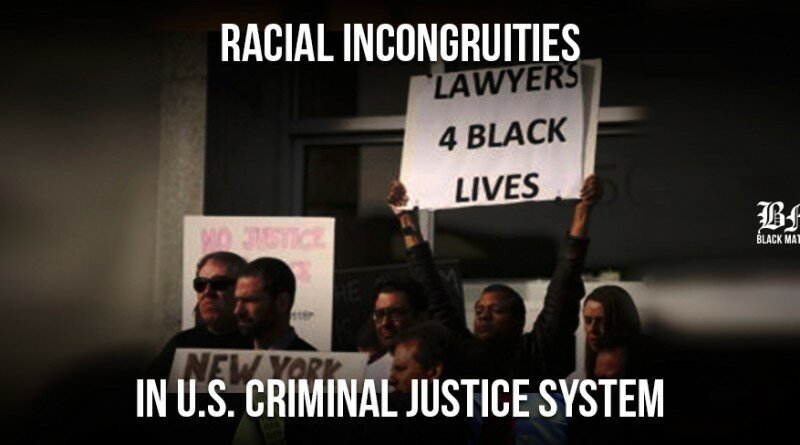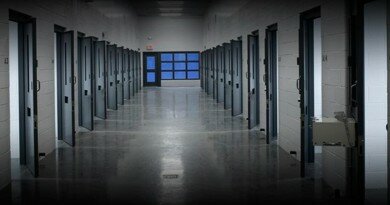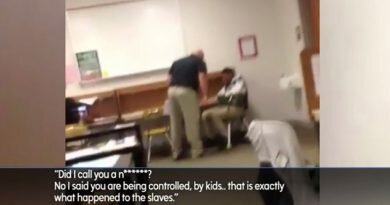Racial Incongruities In U.S. Criminal Justice System
A Public Defender posed a controversial question to potential Jurors for the trial of a young Black man convicted of murder. The question indicated to an increasing awareness among public defenders that they too may harbor racial and ethnic biases about Blacks.
Earlier this year, San Francisco public defender, Mark Jacobs, posed a shocking question to a group of jurors prior to the trial of a young black man. The question indicated to how biased jurors can be judging people based on color. Jacobs turned to the jurors and asked them if they were aware that they might be judging his client more harshly because of his skin color, Marshall Project reported.
“Look at my client,” Jacobs said, pointing out the young man’s dark skin. “He’s the stereotype of everything you think is scary.”
This question highlights how some public defenders can be racially biased in their line of duty. Connections between implicit bias and racial disparities that occur at the U.S. Justice System have been drawn by researchers who are now looking into how it may affect the work of public defenders and the amount of time they spend with their Black clients. Yale Law School conducted a study that found that African-American defendants in Connecticut received bail amounts that were 25 percent higher than their white counterparts. The University of Georgia’s study concluded that
Blacks received terms that were 12 percent longer.
Jacobs says the research that linked skin tone and the harshness of sentences made him sick and recalls a time when he was appointed to defend immigrants.
A Public Defender is the only person we can address for some help concerning our rights. It is sad and sick that all Public Defenders understand that they can profit more from the white clients than from blacks.
There’s no doubt that American justice system is deeply racist as any other American institution. The main aim of any American lawyer is to earn money not to fight for someone’s rights. The only way to change the situation is to make rights more valuable than money.
Share this article and help to fight against racial discrimination in our communities.






